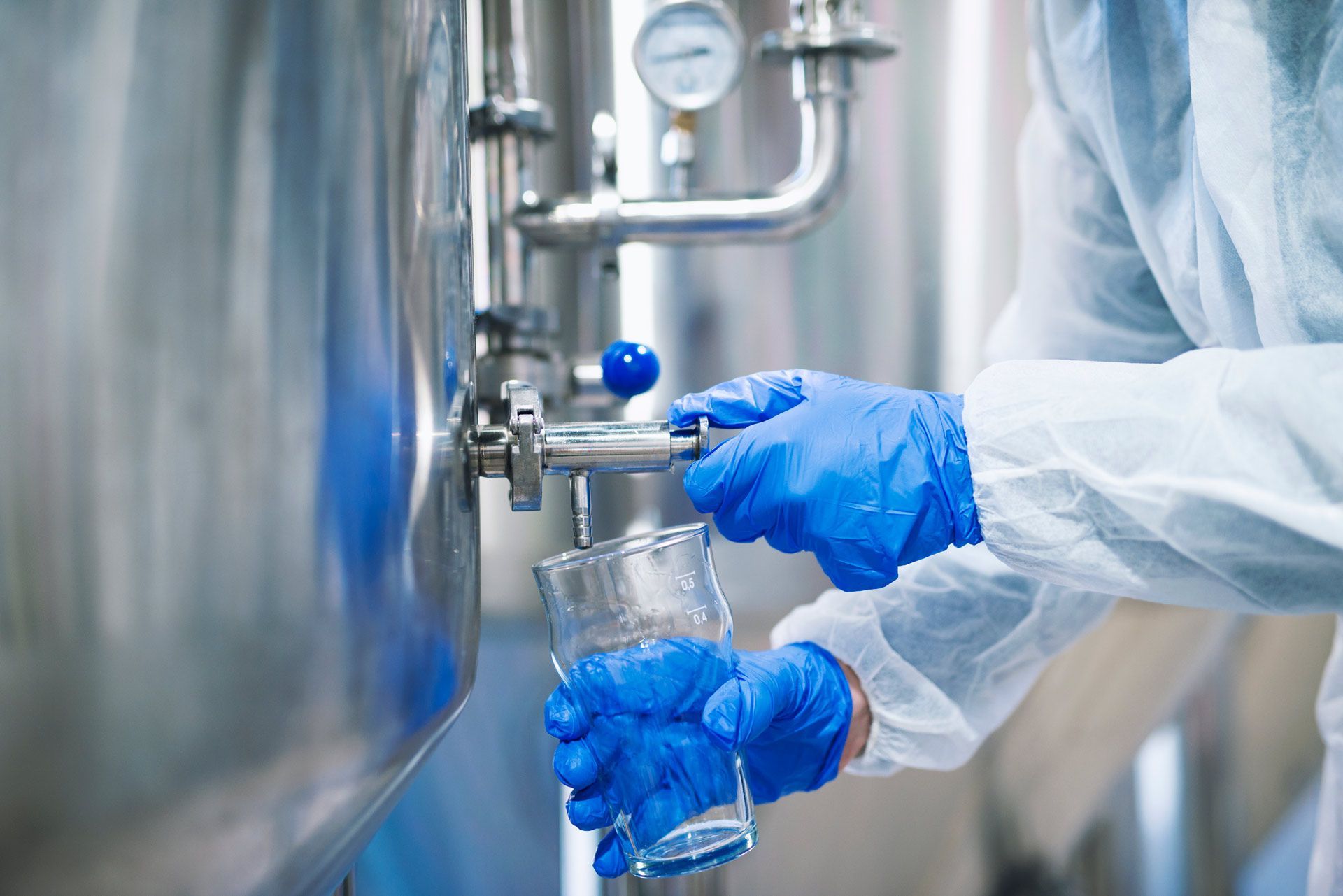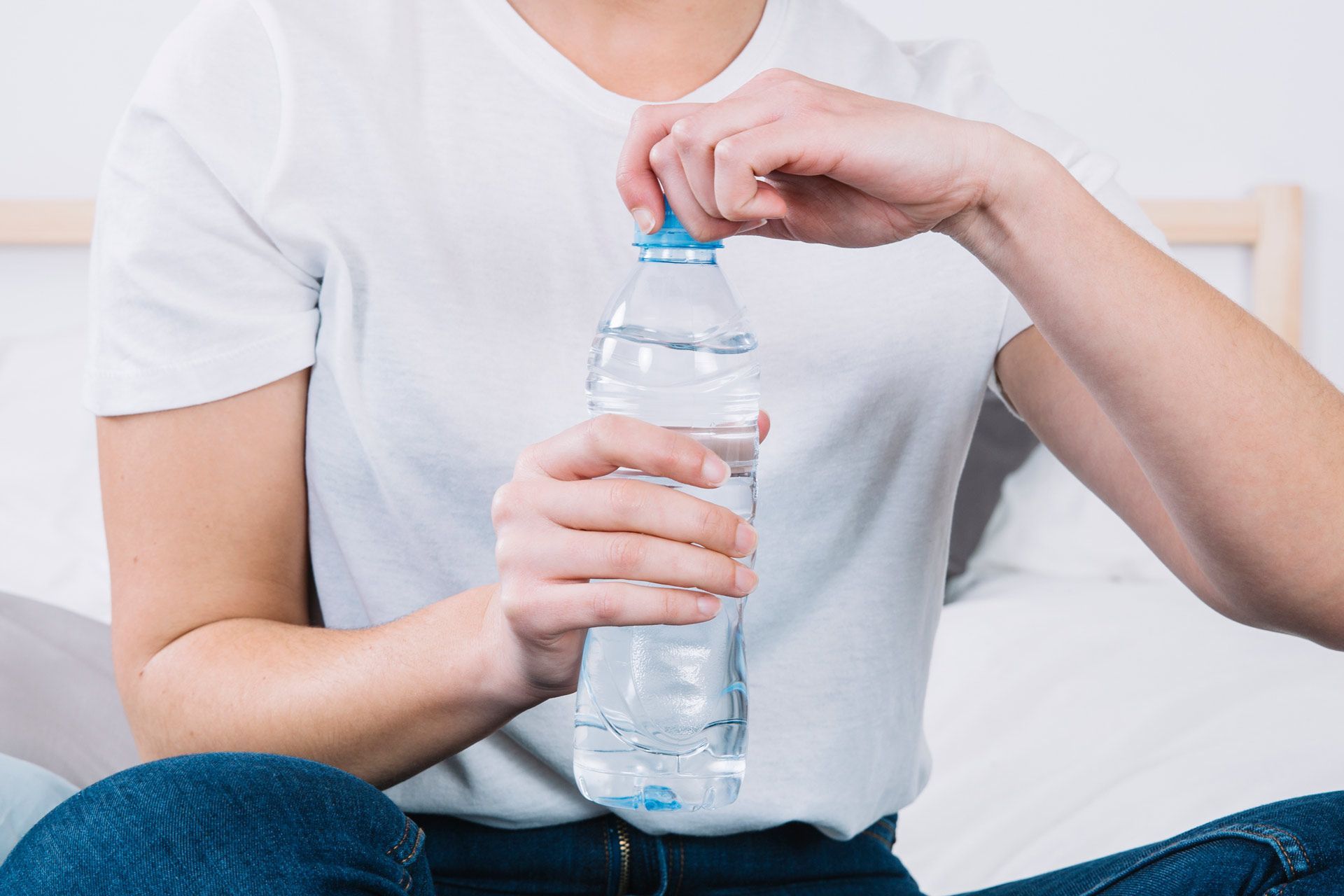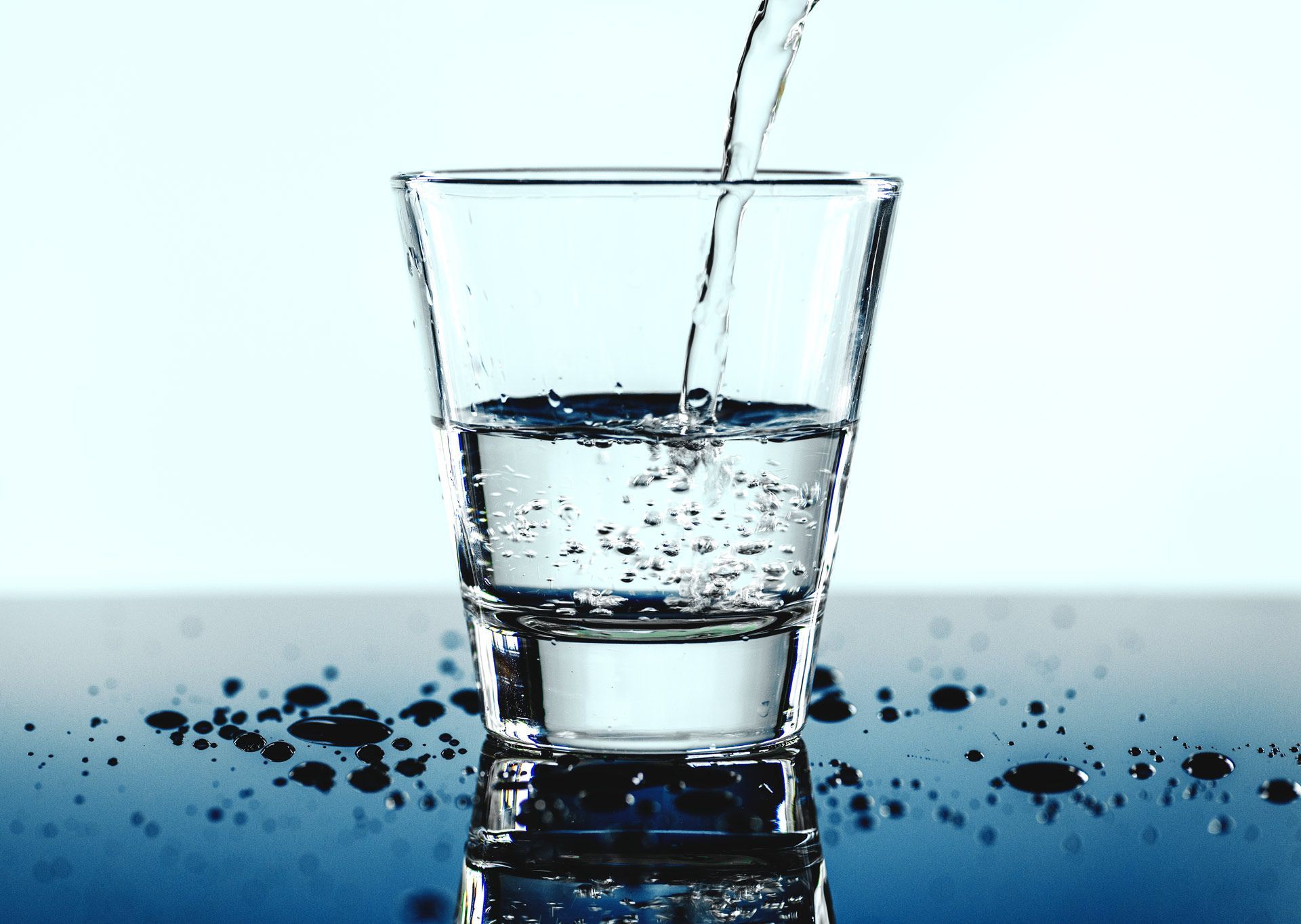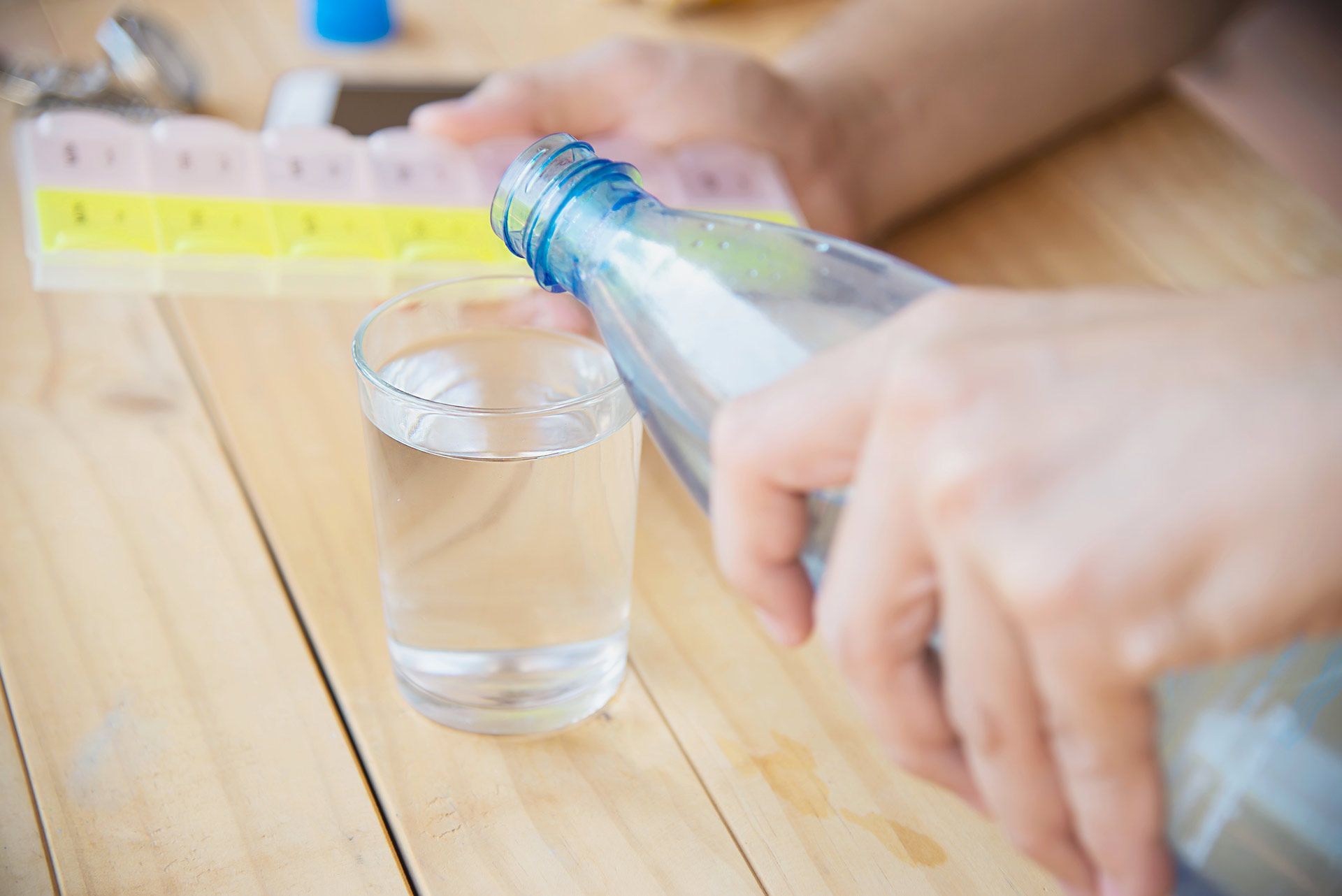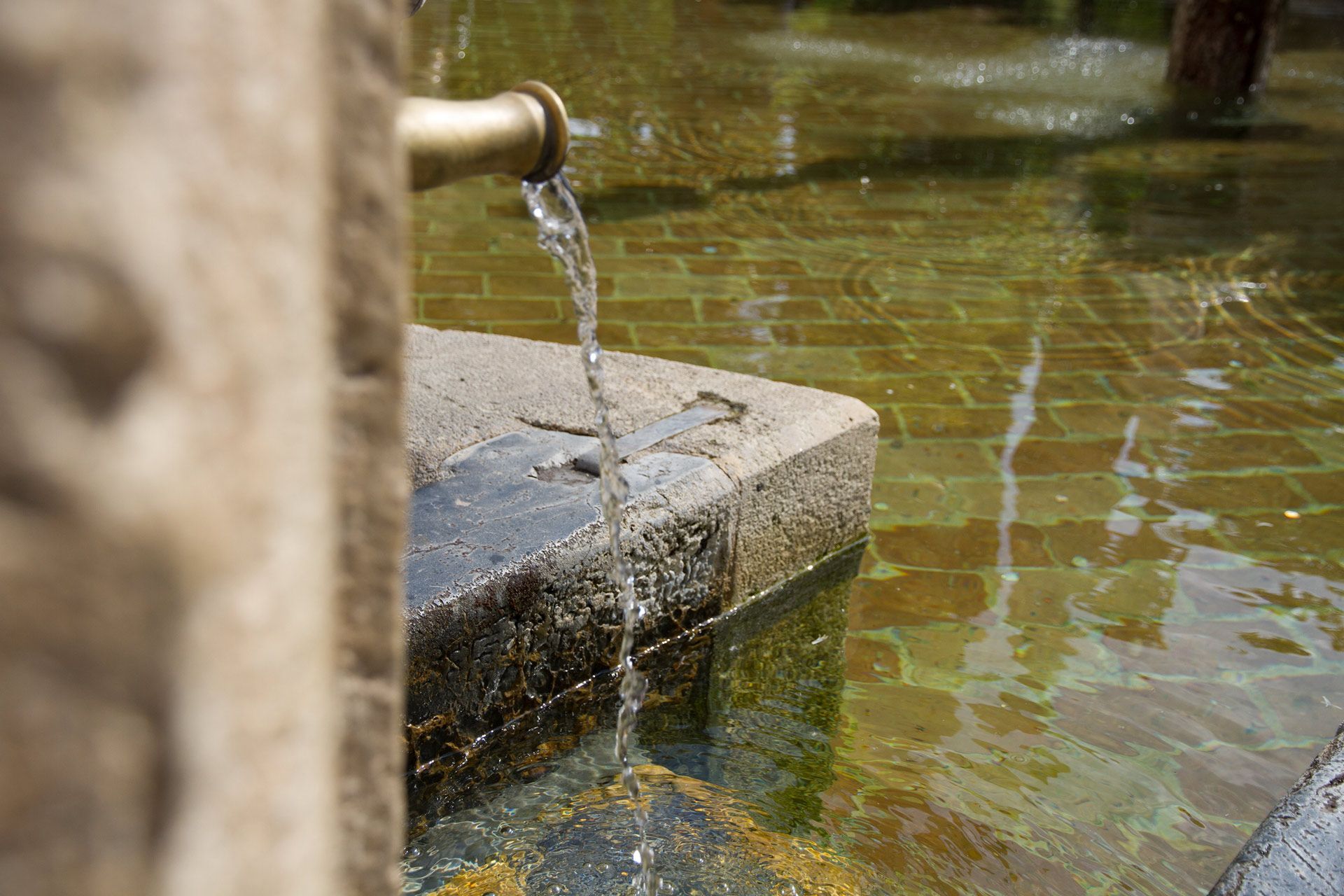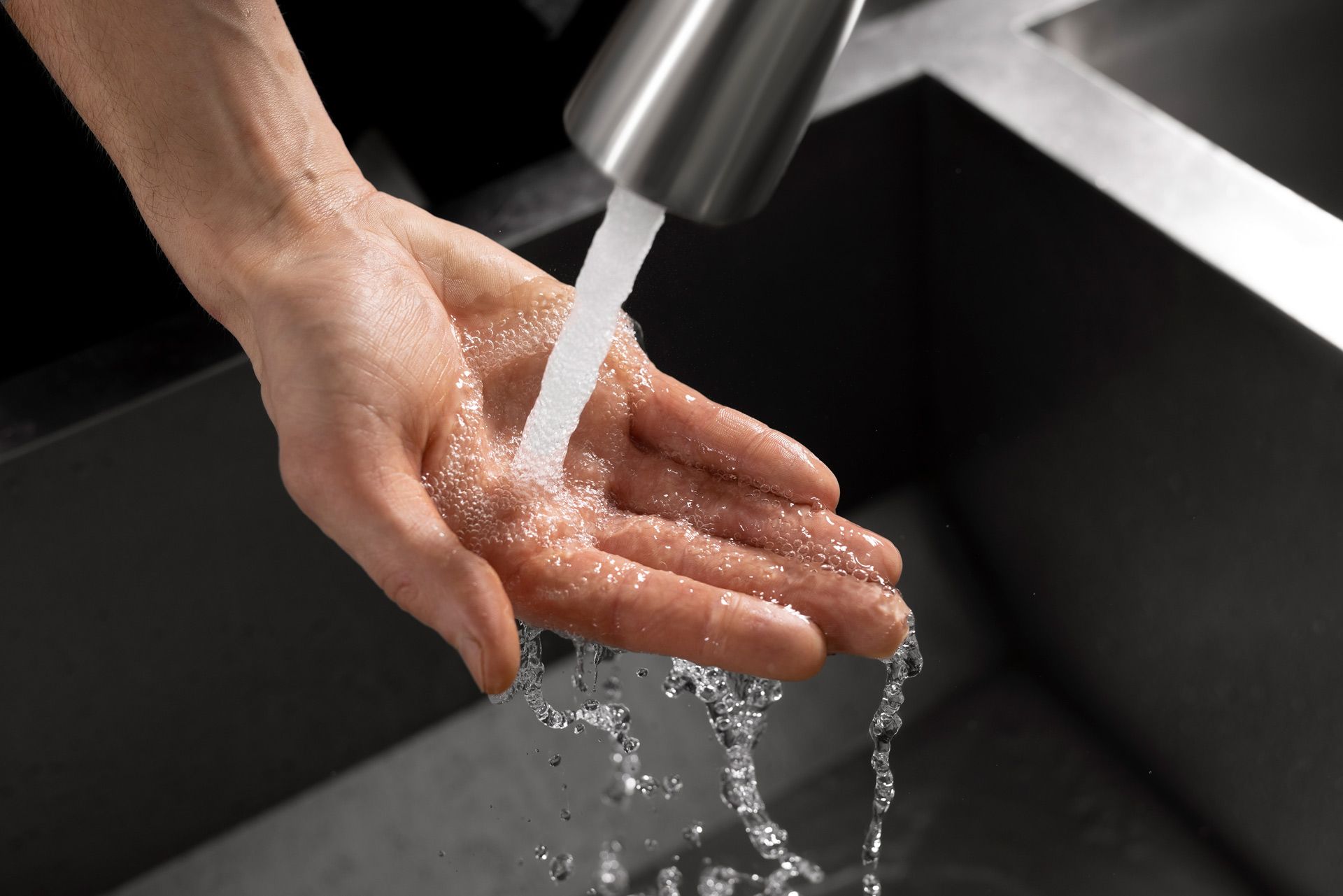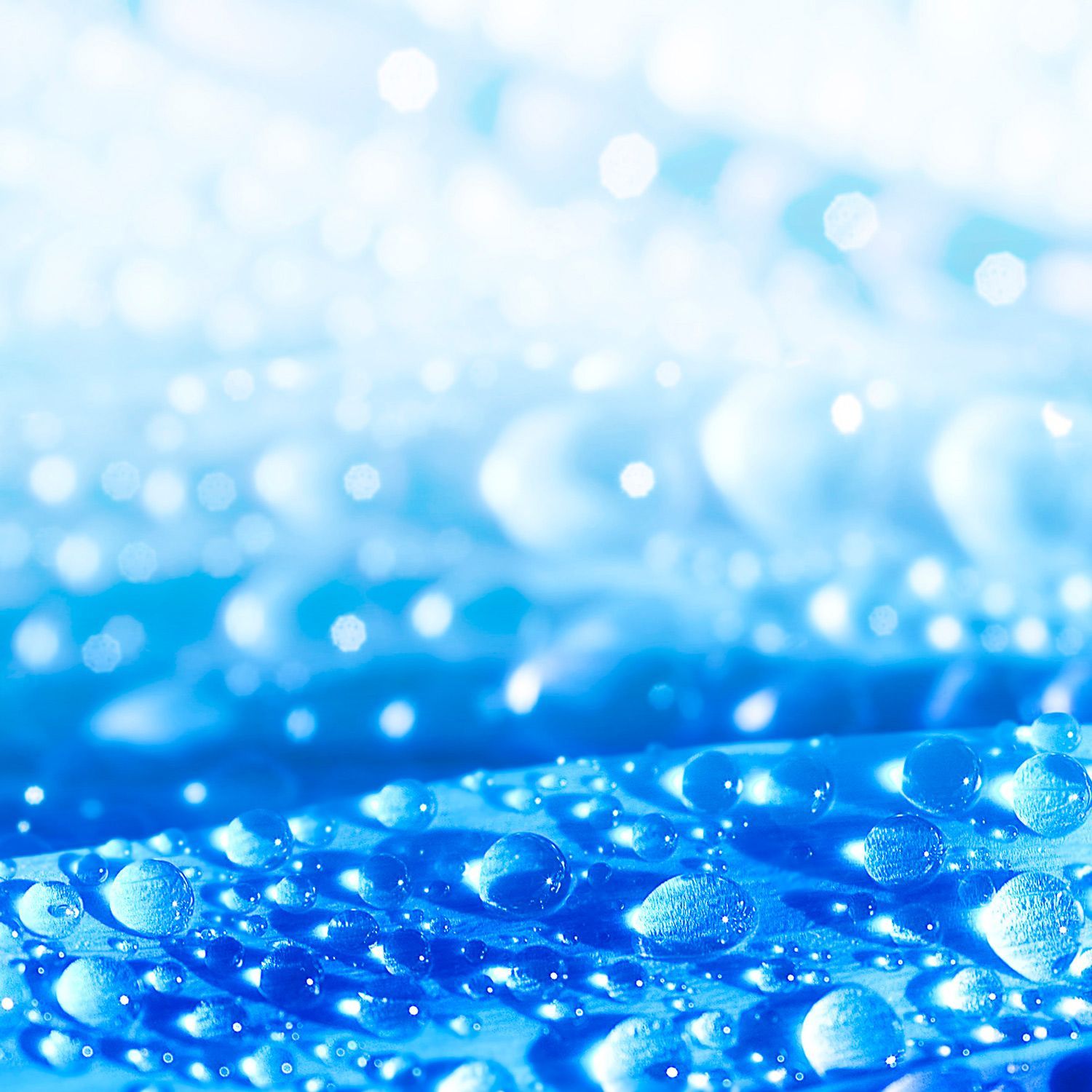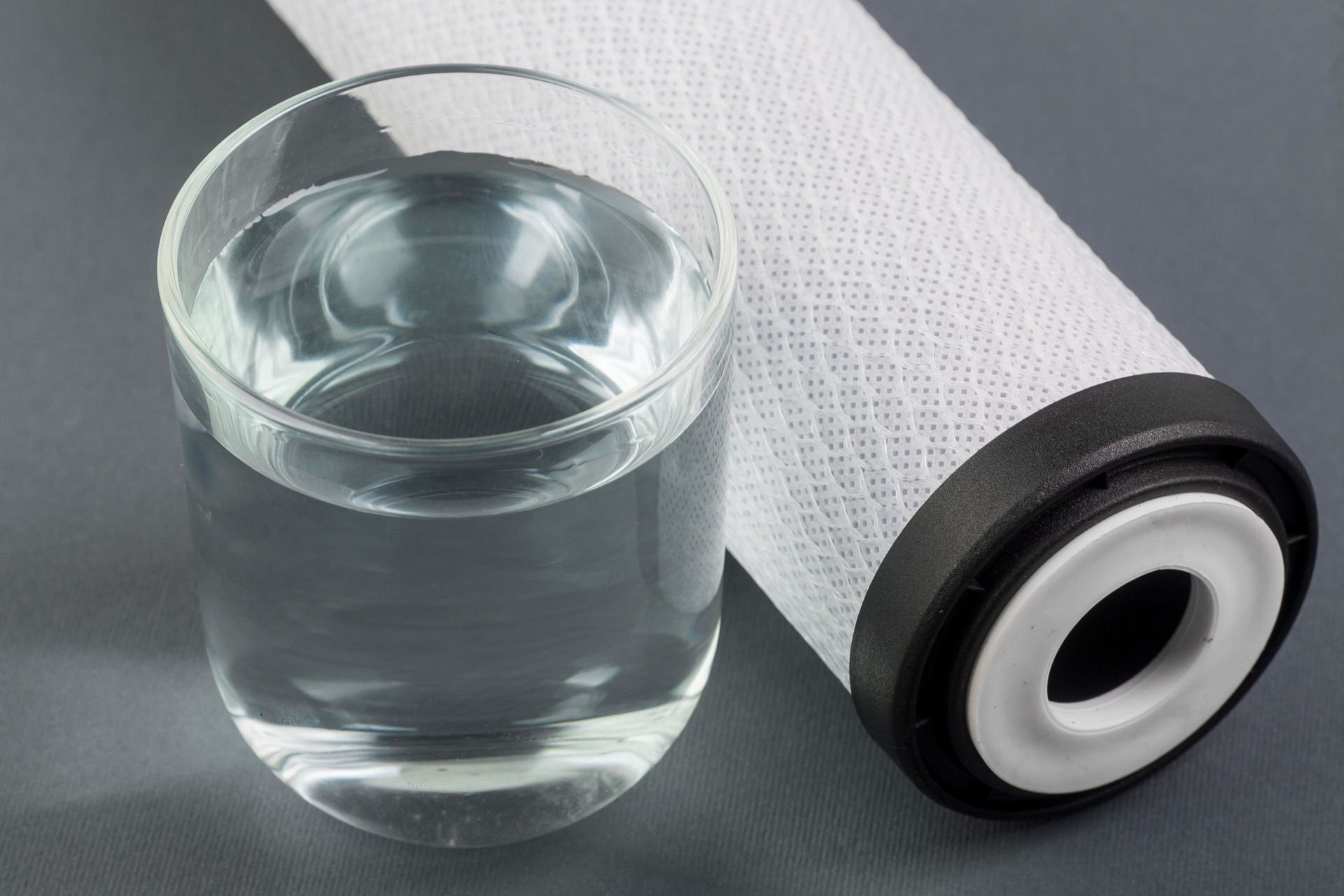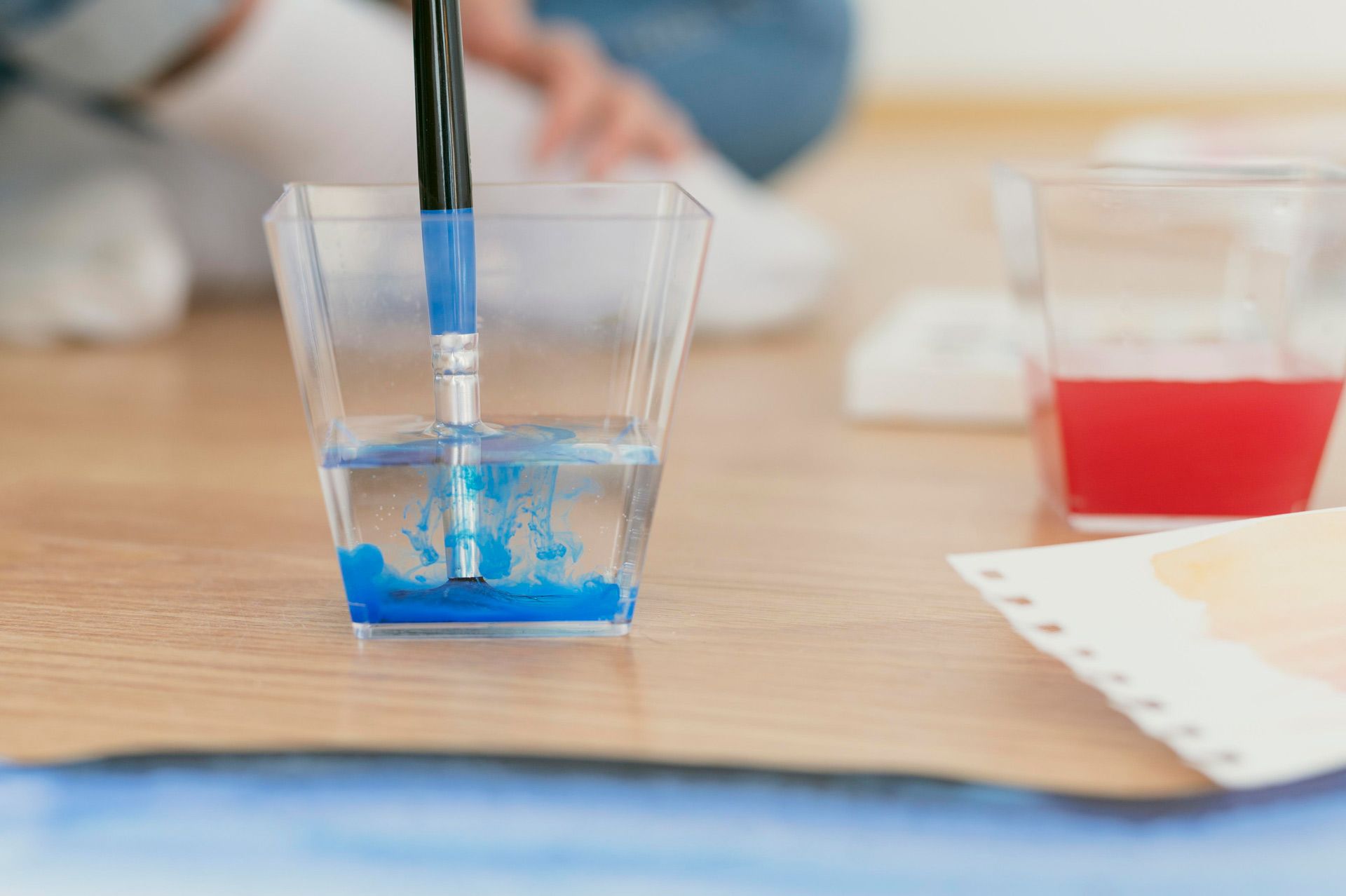How Soft Water Impacts Laundry, Skin & Plumbing — What Homeowners in Greenfield Should Know
September 8, 2025
Introduction
If you live in Greenfield, you’ve probably noticed the effects of hard water: stiff laundry, soap scum on showers, or dry, itchy skin after bathing. These issues are common throughout Central Indiana, where water is often classified as “hard.”
The good news? Installing a water softener doesn’t just improve the feel of your water — it can transform everyday life. From brighter laundry to healthier skin to longer-lasting plumbing, soft water makes a measurable difference.
This article explains how soft water impacts laundry, skin, and plumbing, why it matters in Greenfield homes, and what steps you can take to enjoy the benefits.
What Soft Water Is and How It Works
To understand the benefits, it helps to know what makes water “hard” or “soft.”
- Hard water contains excess calcium and magnesium. These minerals cause buildup, stains, and inefficiency.
- Soft water is treated through ion exchange, which removes those minerals and replaces them with sodium or potassium.
- The result is water that lathers better, rinses more cleanly, and leaves fewer deposits behind.
This seemingly small change affects nearly every aspect of daily life in your home.
How Soft Water Impacts Laundry, Skin, and Plumbing
Laundry
When washing clothes, soft water:
- Allows detergent to dissolve fully, meaning you can use less soap.
- Keeps fabrics brighter and softer since minerals no longer dull or stiffen fibers.
- Prevents residue on clothes, which often makes laundry feel scratchy or look dingy.
- Reduces wear on your washing machine by limiting scale buildup.
Skin and Hair
The difference is noticeable in your shower:
- Soap and shampoo lather more easily, leading to a deeper clean.
- Soft water rinses more thoroughly, leaving no mineral film on skin or hair.
- Skin feels smoother and less dry because natural oils aren’t stripped away.
- Hair feels softer, shinier, and easier to manage.
Plumbing and Appliances
Soft water also protects the unseen parts of your home:
- Pipes stay clearer without mineral scale that narrows flow and lowers water pressure.
- Appliances like water heaters, dishwashers, and washing machines last longer and run more efficiently.
- Fixtures like faucets and showerheads stay cleaner, with fewer clogs or stains.
- Overall, you save money on energy bills, repairs, and replacements.
How to Decide if You Need Soft Water in Greenfield
If you’re wondering whether a water softener is right for your home, here are steps to guide your decision.
- Check for common signs of hard water
Cloudy glassware, white scale on faucets, stiff laundry, or dry skin are clear indicators. - Test your water hardness
You can use a store-bought kit or schedule a professional water test for precise results. - Consider your household needs
Large families, older plumbing, or frequent laundry cycles will benefit more from softened water. - Weigh costs and benefits
Compare the investment in a softener against the long-term savings in soap, detergents, appliance repairs, and energy. - Talk to a local expert
A professional water treatment company in Franklin, IN can recommend the right system size and setup for your Greenfield home.
FAQs
Is Greenfield water considered hard?
Yes. Like much of Central Indiana, Greenfield’s water is classified as hard, which is why many homeowners invest in water softeners.
Does soft water save money on laundry?
Yes. You’ll use less detergent, clothes last longer, and washing machines stay efficient with less scale buildup.
Can soft water improve skin conditions?
For many people, yes. Soft water helps reduce dryness, irritation, and soap buildup, making skin feel smoother and less itchy.
Will a water softener protect my plumbing?
Absolutely. By preventing mineral buildup, soft water reduces clogs, corrosion, and wear on pipes and fixtures.
Do water softeners require maintenance?
Yes. You’ll need to refill salt and schedule occasional service, but the upkeep is simple compared to the benefits.
Conclusion
For Greenfield homeowners, the difference between hard and soft water is more than cosmetic. Soft water improves laundry results, makes showers and baths more comfortable, and protects plumbing and appliances from costly damage.
Regular water testing and professional installation ensure you get the most out of your water treatment system. With soft water, your home runs more efficiently, and your daily routines feel noticeably better.

